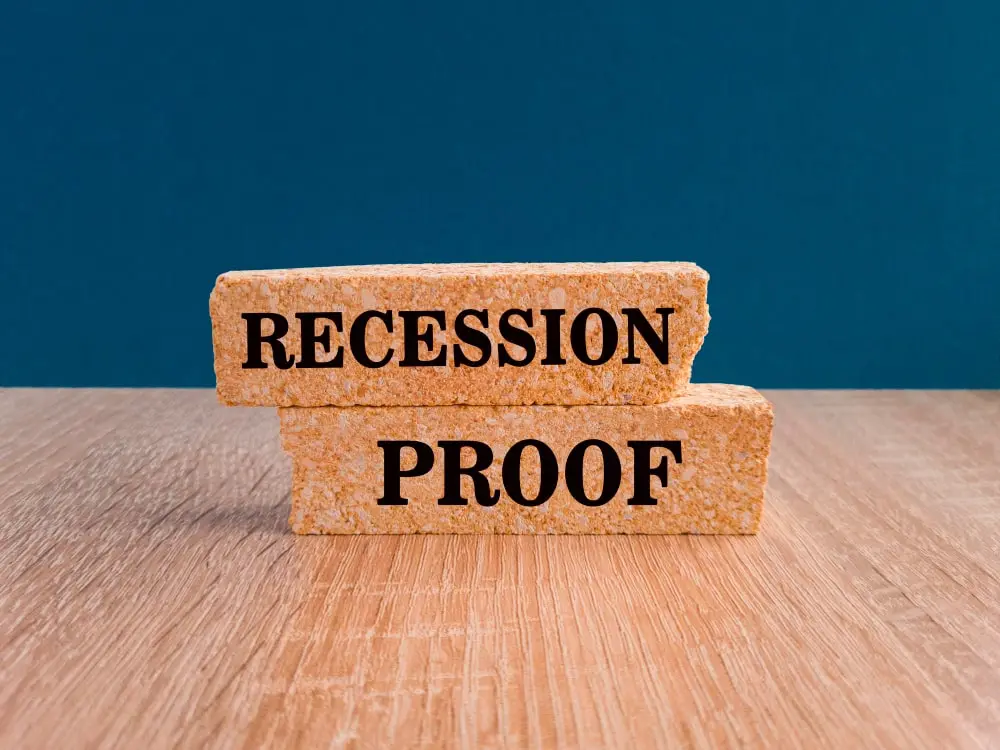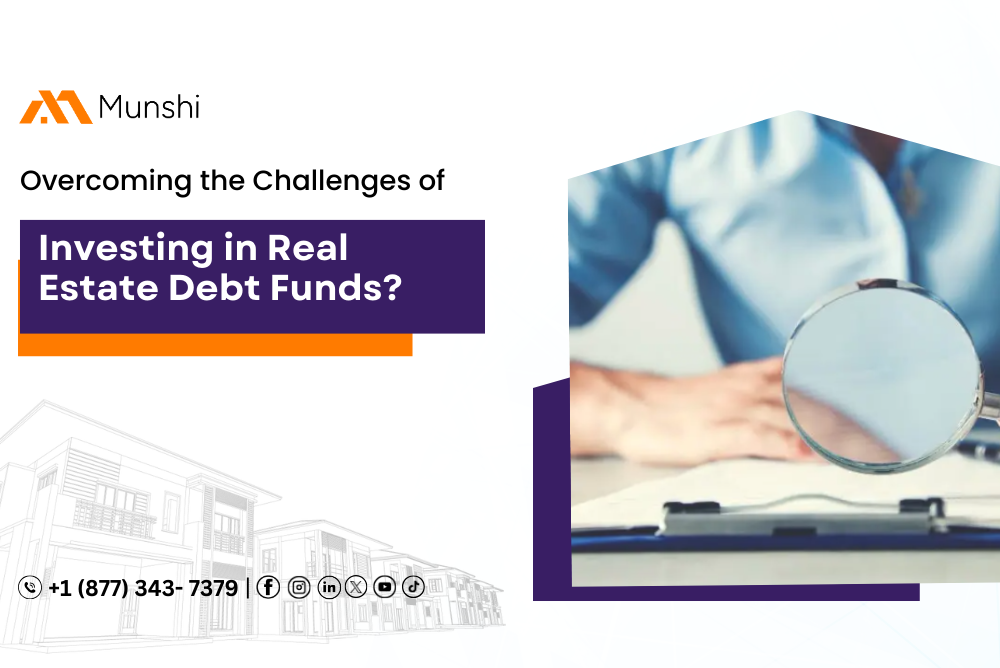Cash flow is the most vital factor of any investment, and in the sector of real estate debt investments, it matters a lot more. Real estate debt investing differs from conventional real estate equity investing because it depends on rental incomes, and capital gains can be consistent with the earnings from interest payments only received from borrowers.
In this blog, we’ll look at how cash flows matter in real estate debt investments and how they play a crucial role in the total health of an investment, returns, and risk management strategies. Understanding Cash Flow in Real Estate Debt Investments
Cash flow as a result of investment in real estate debt represents the excess of the gross income of the property over the expenses charged and paid for the loan and property. Here’s a breakdown of the key components:
Gross Income: That is the total sum of money that the lender has repaid, normally this money comes in as monthly installment payments. It may also be diversified with the extraneous earnings from the property, such as the payment fees and the interest on the delayed payments.
Debt Service: This pertains to the borrower’s monthly repayment amount with both the principal and the interest on the loan accrued.
Property Expenses: These include the recurring fees for keeping the facility running, which include property taxes, insurance, maintenance and repairs, property management fees, and vacancy rates.
Cash Flow = Gross Income – Debt Service – Property Expenses
Analyzing these parameters enables you to determine the possible contractual revenues from a real estate loan. The positive cash flow scenario means that the borrower is paying all the expenses, and the investor is making a profit plus payment of the loan. However, a negative cash flow scenario implies insufficient money to pay for the capital raise, which may translate to more financial burdens on the borrower and consequently impact your earnings.
Why Does Cash Flow Matters In Real Estate Debt Investments?
Cash flow is a determining factor in the overall health and performance of your real estate debt fund. Here’s why it matters:
Predictability and Stability: Cash inflow consequently ensures an unfailing and steady income source to cover the company’s needs. This stability is quite instrumental, especially during economic recessions and periods when other sectors of investments may witness considerable fluctuation.
Risk Management: A cash flow reserve is a buffer that your investment must have to prevent any unforeseen expenses or rental income drop off. It enables you to cover unplanned costs with no need to compromise on the reward you get.
Loan-to-Value Ratio (LTV): Refinancing may lower the LTV of the loan, which is derived by dividing the loan amount by the property value. The lenders use the ratio to assess creditworthiness. The steady cash flow facilitates the process of loan approval with a greater chance of a relatively higher LTV. Such an outcome leads to additional possibilities of availing larger future loans.
Investment Returns: In the long run, the realized return on investment (ROI) is dependent on the cash flow that the property produces. Having positive cash flow makes it possible to recover the initial investment quickly and to start receiving profit. However, it is positive cash flow that goes into your returns and helps you sustain the investment for years. Unlike a positive cash flow that accumulates your returns and leads toward building up your investment, negative cash flow just consumes your income, and you end up losing relevant investment over time. How To Maximize Cash Flow in Real Estate Debt Investments?
To maximize cash flow in real estate debt investments, investors can employ various strategies to enhance income generation and optimize investment returns:
Underwriting Discipline: The creditworthiness or underlying capacity for repayment of borrowers among public projects that are funded is going to be the determining factor. A good investor should always adhere to stringent due diligence by scrutinizing the potential investments’ risks and examining borrowers’ creditworthiness. Investors could then protect themselves by reducing the unpredictability of the cash flows.
Portfolio Diversification: The diversification of a loan portfolio spreads the concentration risk and strengthens income stability. Sample sentence: The spillover into the job market will also be considered, and the students will identify the potential impact on employment rates, job demand, and supply. Investors must consider investing in a wide array of real estate projects such as mixed-use, one-of-a-kind, and in different geographical locations to benefit from the resilience of the assets and collect income from dispersed sources.
Active Portfolio Management: Active portfolio management is done by paying attention and aligning investments to the potentially optimal cash flow or switching investments depending on the risk profile. Proper risk management enables investors to take advantage of market changes, address monetary and borrower performance issues, and hence, stay in the course of sound cash flow.
Risk Management Strategies: The use of risk management techniques such as loan structuring, collateral valuation, and covenant enforcement not only protects investors from losses but also maintains cash flows by limiting insolvency. Being able to assign loans with fitting terms and conditions reduces the chances of default risk and provides investors with profitability and security. Conclusion
In summary, real estate debt investments rely heavily on cash flow, which provides direction to real estate debt investment decisions, impacting investment performances, risk management strategies, and portfolio health in a big way. Through their ability to generate a recurring income at a constant, predictable rate, real estate debt investments offer investors both greater reliability and control, as well as diversification in income streams.
However, financial mastery begins with sound underwriting, portfolio diversification, active management, and risk management strategies that allow for efficient cash flow, investment opportunities, and capitalization of market opportunities. In the current environment where investors are striving to build a more risk-tolerant and stable portfolio as well as generate a consistent income, cash flow remains one of the fundamental considerations for real estate investing in debt to achieve long-term investment success, as well as wealth creation. Visit Munshi Capital to make well-informed judgments and confidently navigate your investing journey.





